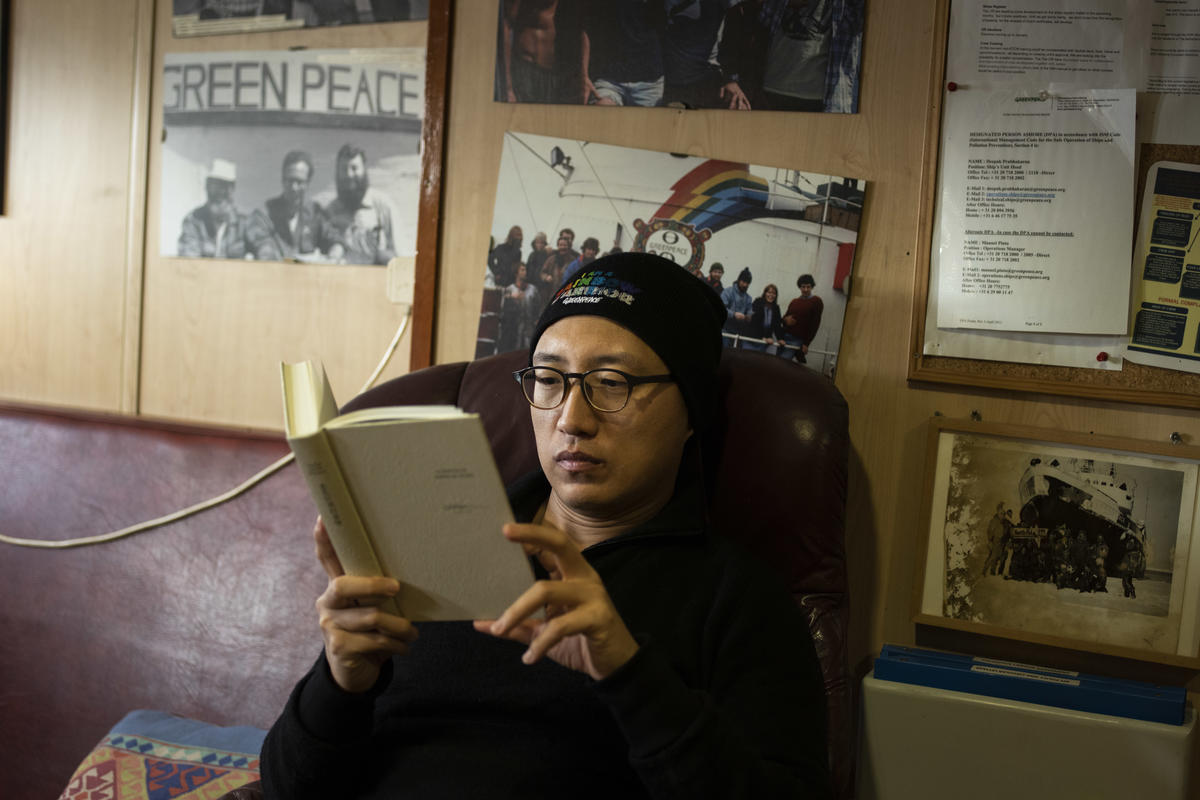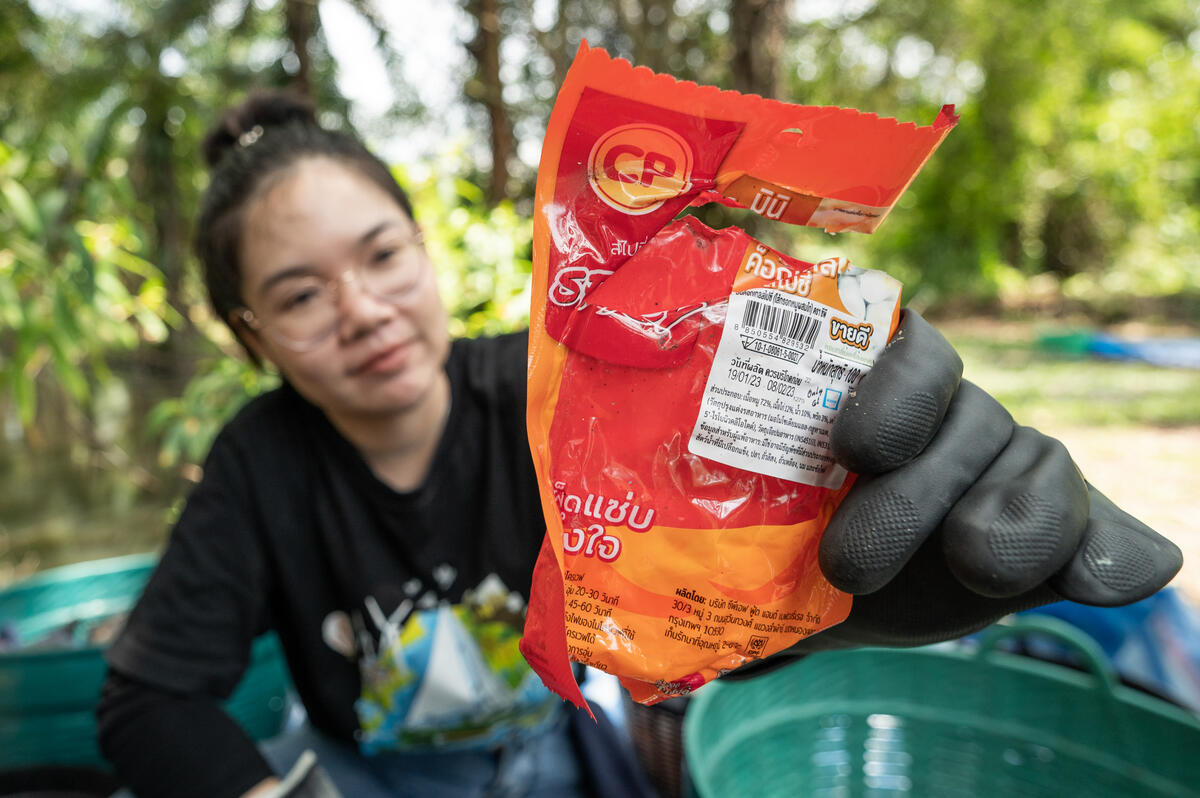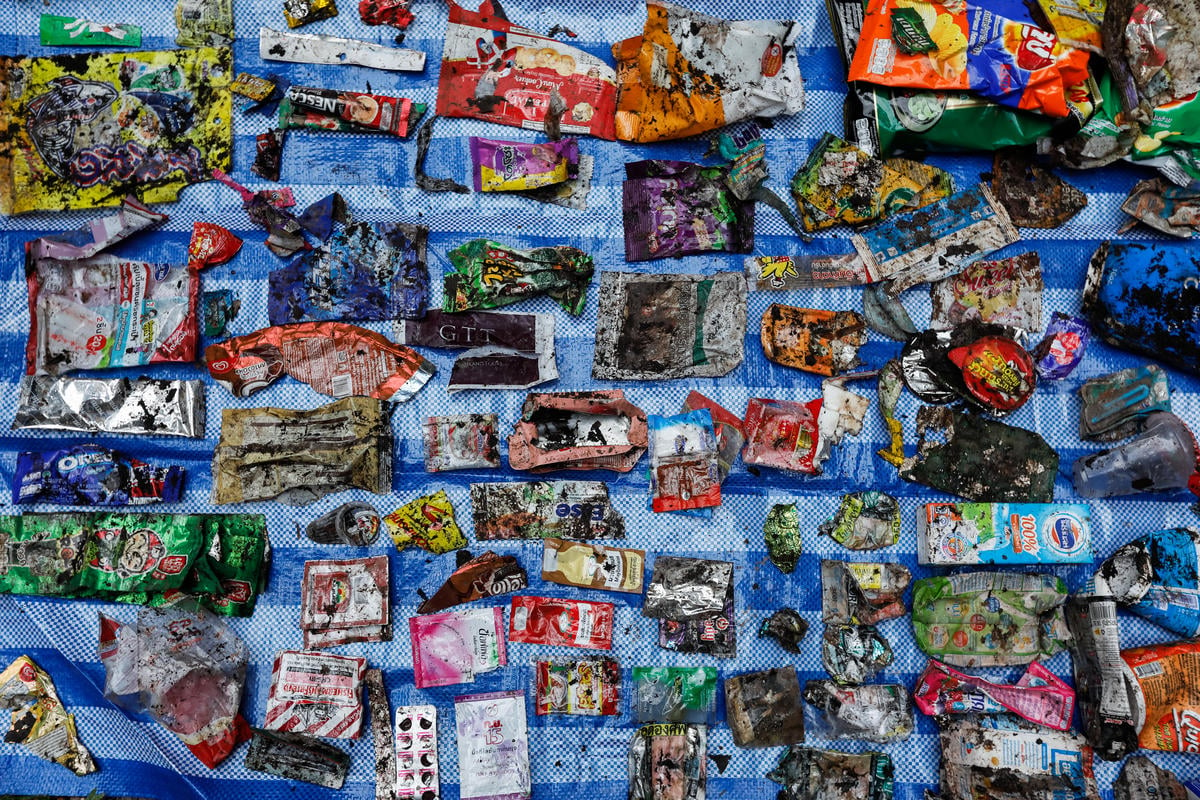Plastic isn’t really the first thing that comes to mind when you think about saving money. But times are tough now, especially with an ongoing pandemic. However, challenges also come with great opportunities- ones that force us to think outside the box on ways we can save money and reduce plastic waste at the same time.
Yeah, we know we’ve gone on and on about reusables and how it could save our environment by cutting down on plastic pollution issues. Or how fossil fuel companies are ‘fuelling plastic’ by investing in plastic production as the price and global demand for oil drop.
Now, you might be asking, ‘how does this work?’ How does reducing our daily plastic usage actually reduce our expenses? Will it really save me some money?
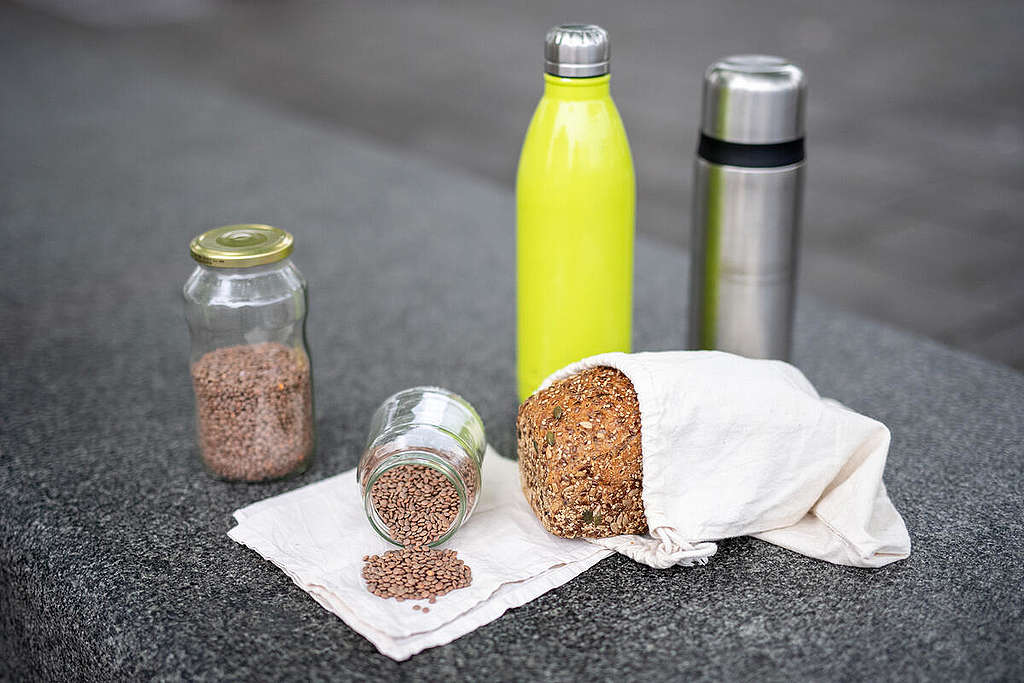
Here are 5 easy ways you can do to save on costs and help save the environment at the same time
1. Invest in your reusables. When we say invest, we mean save what you have and keep them well maintained. Going zero-waste is not about getting rid of your existing plastic containers at home, instead it’s all about reusing what you already have. If you have plastic containers at home, don’t throw them out! Reuse them to store leftover food, spices or you can even use them to bungkus food from stalls, or at grocery stores when buying your frozen food e.g. fish and meat or other food items. Personally, we’d even use these plastic food containers to organise little random loose stuff in the room, like a mini storage shelf.
2. BYO. Why buy water bottles or use single-use options with questionable hygiene (you just never know what’s crawled over them) when you can bring your own bottle or tumbler? It lasts longer and you already know how clean you’ve kept them. There are so many affordable options available, starting with the ones you already own, somewhere in your kitchen closet. We’ve tried it, and sometimes we even get a little extra drink every time since sellers know they would be saving the cost of the single-use plastic that you refused.
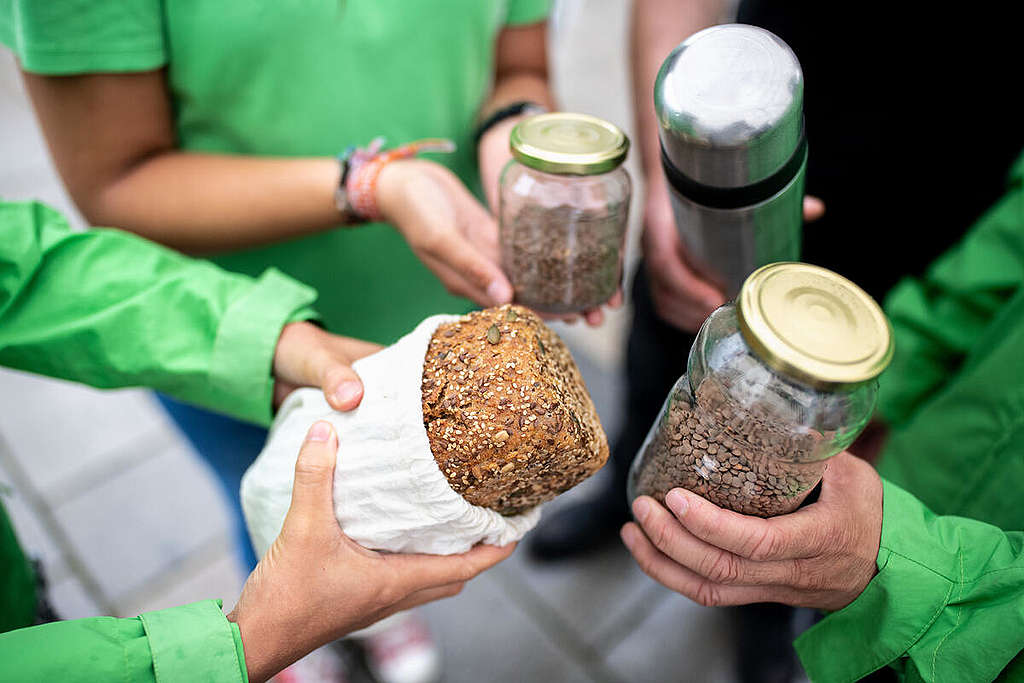
3. Visit refill stores. Refill stores are a great way to cut down on that extra spending. Why pay for your product and the packaging, when you can purchase your detergent without all the plastic that is used to package it? This way, you only pay for what you want, the product itself! Or you can try buying dry food stuff in bulk (and share the cost with your family, friends or neighbours). It’s way cheaper and cost effective, uses less packaging and won’t expire easily. Plus, it means fewer trips to the grocery store (save on gas or on transport fare).
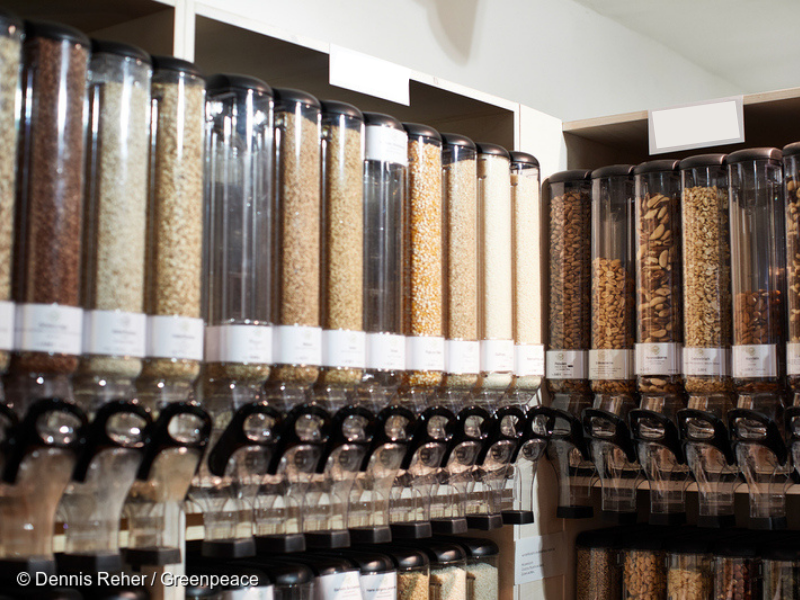
4. Buy loose produce instead of pre-packaged options. Almost every vegetable or fruit at the supermarket is wrapped in a thin layer of plastic that can’t be recycled. The best way to avoid it is to buy your produce loose instead. This would mean you buy only what you want to use instead of the amount that was already pre-packed for you. You don’t need the extra packaging and you save on food in the long run.
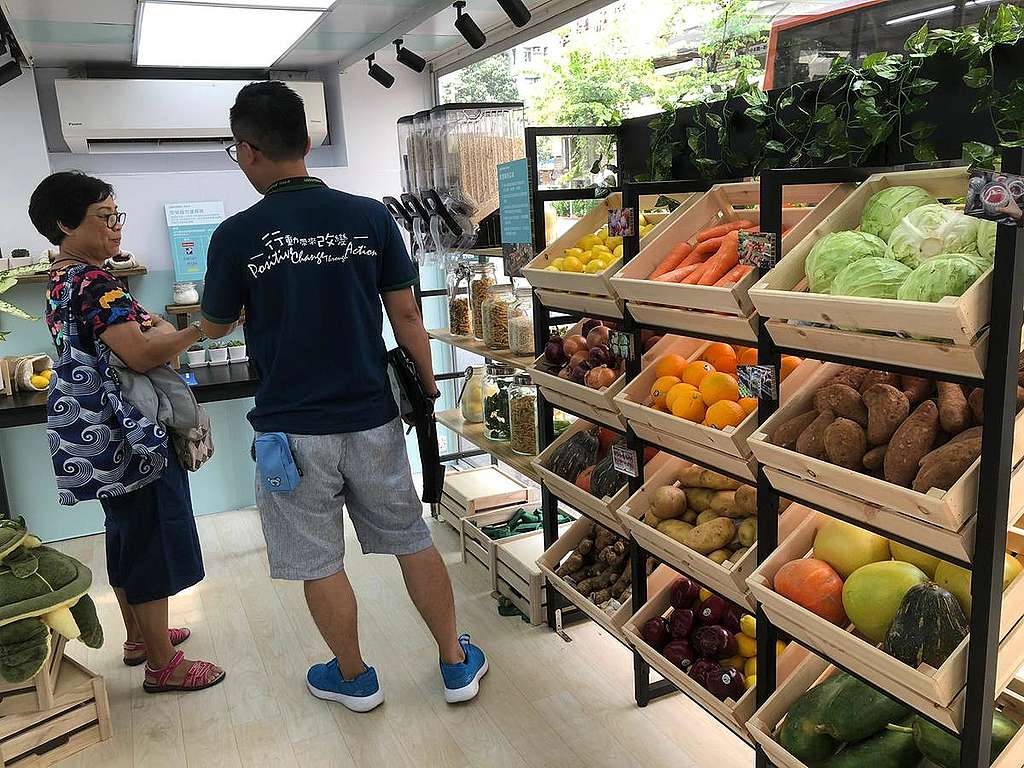
5. Get a reusable bag. Spending 20 cents per plastic may seem small at first but imagine what that can amount to after 10 years. Whereas, using a bag you probably already own is free, or even spending RM2 on a cloth bag can go a long way and is multi-purpose too!
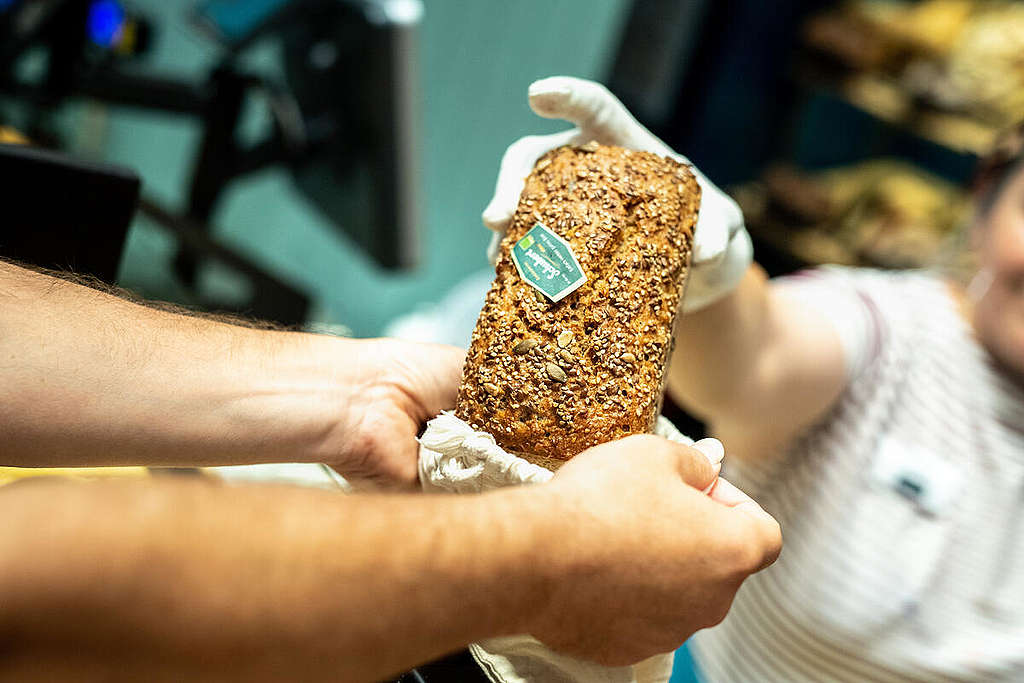
Reduce and reuse often go hand-in-hand. There are many affordable options available for all of us to explore. It is important to note that not all plastics can be recycled, so let’s look at other ways to reduce our consumption that do not need to involve overburdening our current recycling systems. Say no to single-use plastics and save yourself some extra moolah!
Hema Mahadevan is a Public Engagement Campaigner with Greenpeace Malaysia, based in Kuala Lumpur.

